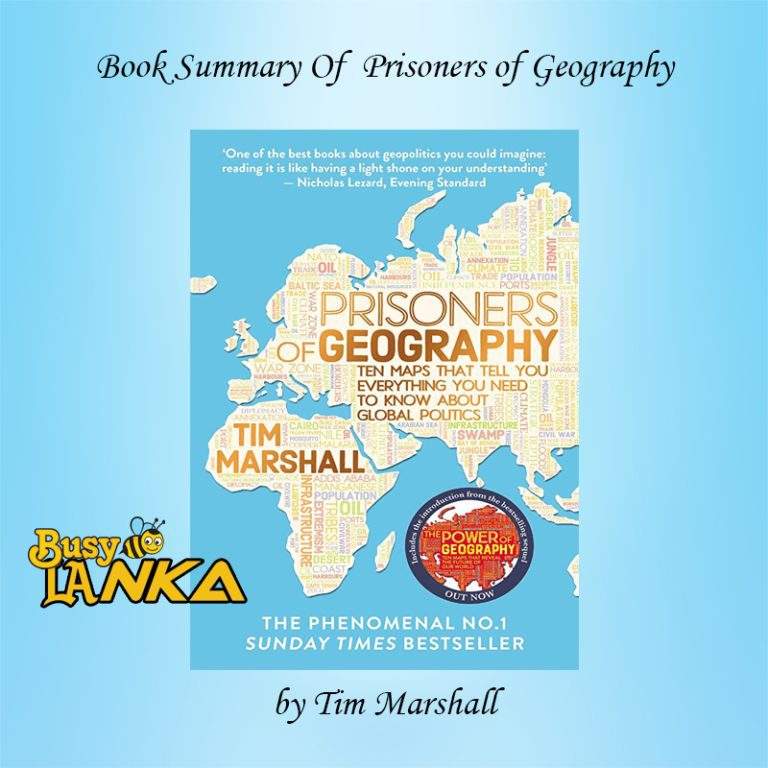“Prisoners of Geography” by Tim Marshall is a book that explores how geography has shaped the politics, history, and culture of various nations and regions around the world. Marshall argues that geography is a crucial factor that has influenced the fate of nations and continues to do so today.
The book is divided into ten chapters, with each chapter focusing on a specific region of the world and how its geography has impacted its history and current events. The regions covered in the book include Russia, China, Africa, the Middle East, and the United States, among others.
Marshall explores how geographical factors such as mountains, rivers, coastlines, and natural resources have influenced the development of each region. For example, he explains how the Himalayan mountains have played a critical role in shaping India’s political and cultural identity, while the vast Siberian plain has helped define Russia’s history and strategic interests.
Marshall also examines how human-made features such as borders, cities, and infrastructure have impacted the geopolitics of each region. He explains how the location of cities and their access to resources have influenced their economic development and political power, while the presence or absence of navigable rivers and ports has affected a nation’s ability to trade with other countries.
Throughout the book, Marshall emphasizes the interconnectedness of geography and politics. He argues that many of the world’s conflicts and tensions can be traced back to geographical factors, such as borders, natural resources, and strategic locations.
“Prisoners of Geography” is a compelling and insightful book that offers a unique perspective on the importance of geography in shaping the world. Marshall’s engaging writing style and wide-ranging analysis make this book a must-read for anyone interested in international relations, geopolitics, and global history













